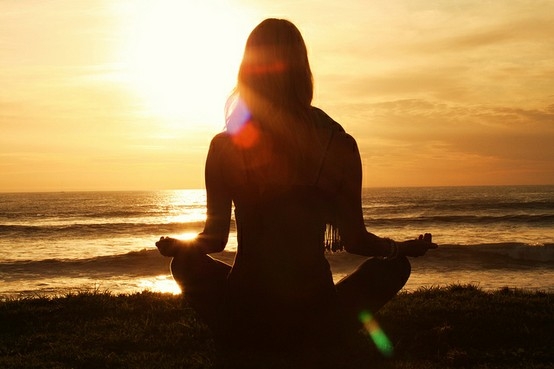We combine and incorporate breathing and relaxation practices into all of our Yoga classes.
Breathing practice in the Yoga setting, even for brief moments, adds depth to the practice and benefits can be taken out of the class setting into everyday life.
Participants can take the practice into their daily lives and even establish their own personal practice promoting balanced wellness.
“The science is now in
practice in mindfulness meditation decreases stress and can help you avoid the negative outcomes of burnout and loss of empathy. Mindfulness practice can also help you study more efficiently and retain more information from class lectures. It can increase your quality of life and, in some people, it protects against depression. And all of these effects are founded upon changes in basic brain structures and function.”
“The mindfulness practice involves learning how to focus directly on sensations of the body and breath during sitting meditation, walking meditation (eg., focus on sensations in the bottom of the feet) and mindfulness meditation in everyday life (mindfulness of eating, mindfulness of daily activities such as washing the dishes). These mindful awareness exercises help you stay in the present moment and are especially useful when you are feeling bombarded by your own stress.
Specifically, the practice helps you in at least three ways:
- The practice helps you calm the mind by “turning down the volume” on repetitive, stressful thoughts.
- The practice trains your attentional “muscle” by teaching you to return your attention to the breath when mind has wandered.
- The practice teaches you to be able to observe your own reaction to stress and stressful thoughts with self-compassion and a kind, relaxed attitude.”
(Excerpt from Brown University’s Mindfulness Program)


